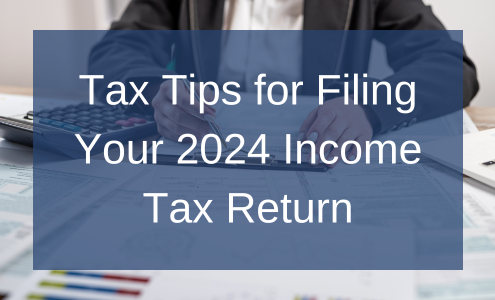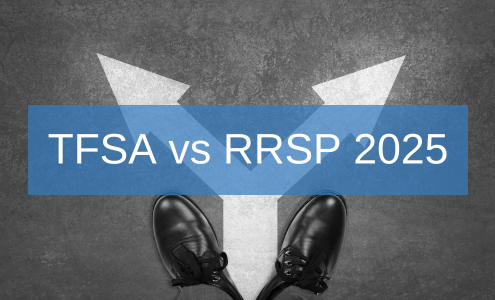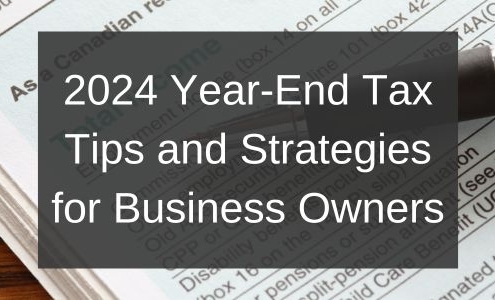RRIF
Great benefits of opening an RRIF
A Registered Retirement Income Fund (or RRIF) is usually opened when you transfer money from an existing RRSP. It is a type of savings account which has the advantage of providing you with a consistent and regular source of income in your retirement. Here are some good reasons to consider opening a RRIF.
- You retain control over how your money is invested. You can choose between investment options such as mutual funds, segregated funds, and GICs for example, depending on your circumstances.
- You benefit from tax-free savings. When you transfer funds from your RRSP to a RRIF you won’t pay any tax on your investment earnings or on the funds that remain in the RRIF, though you will have to pay tax on any money that you subsequently withdraw.
- On the topic of withdrawals, a RRIF offers good flexibility providing that you withdraw the agreed minimum amount every year. There is no maximum amount that you have to withdraw and it is your choice as to how often you make withdrawals or the frequency or value of them.
- You have the option of stating your spouse as your beneficiary so that they can inherit the funds in your RRIF in the event of your death, without paying any tax. In fact, if you choose to name your spouse as a “successor annuitant” then they are able to take the RRIF over so that they can receive payments from it directly. In addition, your RRIF is not classed as part of your estate and is therefore exempt from exclusion in probate fees.
- A final benefit of an RRIF is that the minimum annual withdrawal amounts depend on your age and are lower the younger you are. The age of your spouse can be used to base these minimum annual withdrawals on and, if they are younger than you, this could potentially reduce the amount of tax that you pay on withdrawals.










